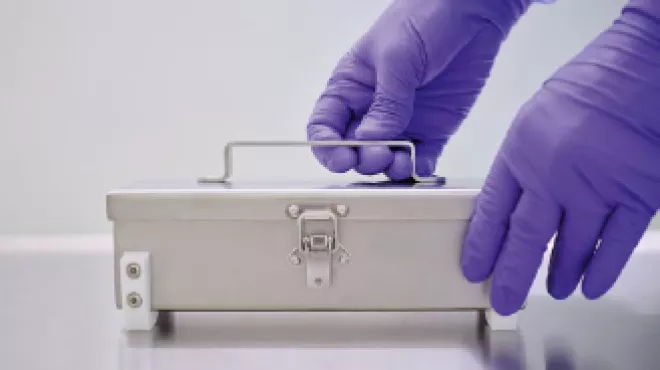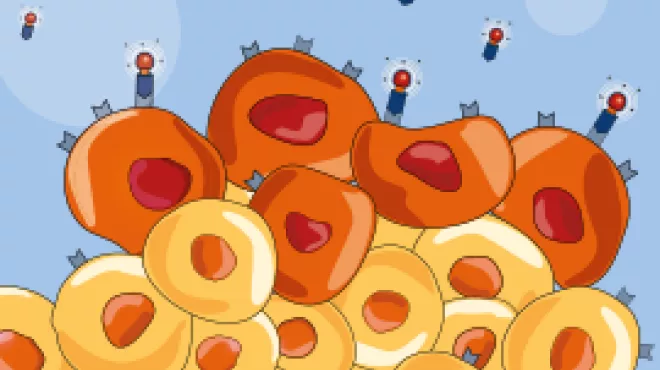Seit 75 Jahren werden in Kundl Antibiotika hergestellt. Dank ihrer antibakteriellen Wirkung sind diese Arzneimittel nach wie vor unverzichtbar. Ihre Produktion ist eine besonders verantwortungsvolle Aufgabe – gestern, heute und morgen.
Antibiotika können das körpereigene Abwehrsystem unterstützen, indem sie andere Mikroorganismen abtöten (bakterizide Antibiotika) oder sie in ihrem Wachstum hemmen (bakteriostatische Antibiotika). Antibiotika wirken gegen Bakterien, indem sie unter anderem die Zellwand oder den Stoffwechsel dieser Mikroorganismen angreifen, wobei je nach Erregerart unterschiedliche Substanzen zum Einsatz kommen. Lange galten Antibiotika als Schlüssel zur Heilung bakterieller Infektionskrankheiten schlechthin, und bis heute werden sie sowohl einzeln als auch in Kombination verabreicht. Als sogenannte „Life Saving Drugs“ retten und verlängern Antibiotika jeden Tag unzählige Menschenleben auf der ganzen Welt.
Wie entstehen Antibiotika?
Die Fermentation („Upstream„) ist seit 1946 Herz und Ausgangsbasis der Wirkstoffproduktion in Kundl. In diesem Prozess entstehen Wirkstoffe mit Hilfe von Mikroorganismen wie hochreine Pilzkulturen oder gentechnisch veränderte Bakterien. Kultiviert werden diese Mikroorganismen in großen Stahlbehältern mit sterilisierten Nährlösungen aus Vitaminen, Spurenelementen und v.a. Zucker sowie steriler Luft.
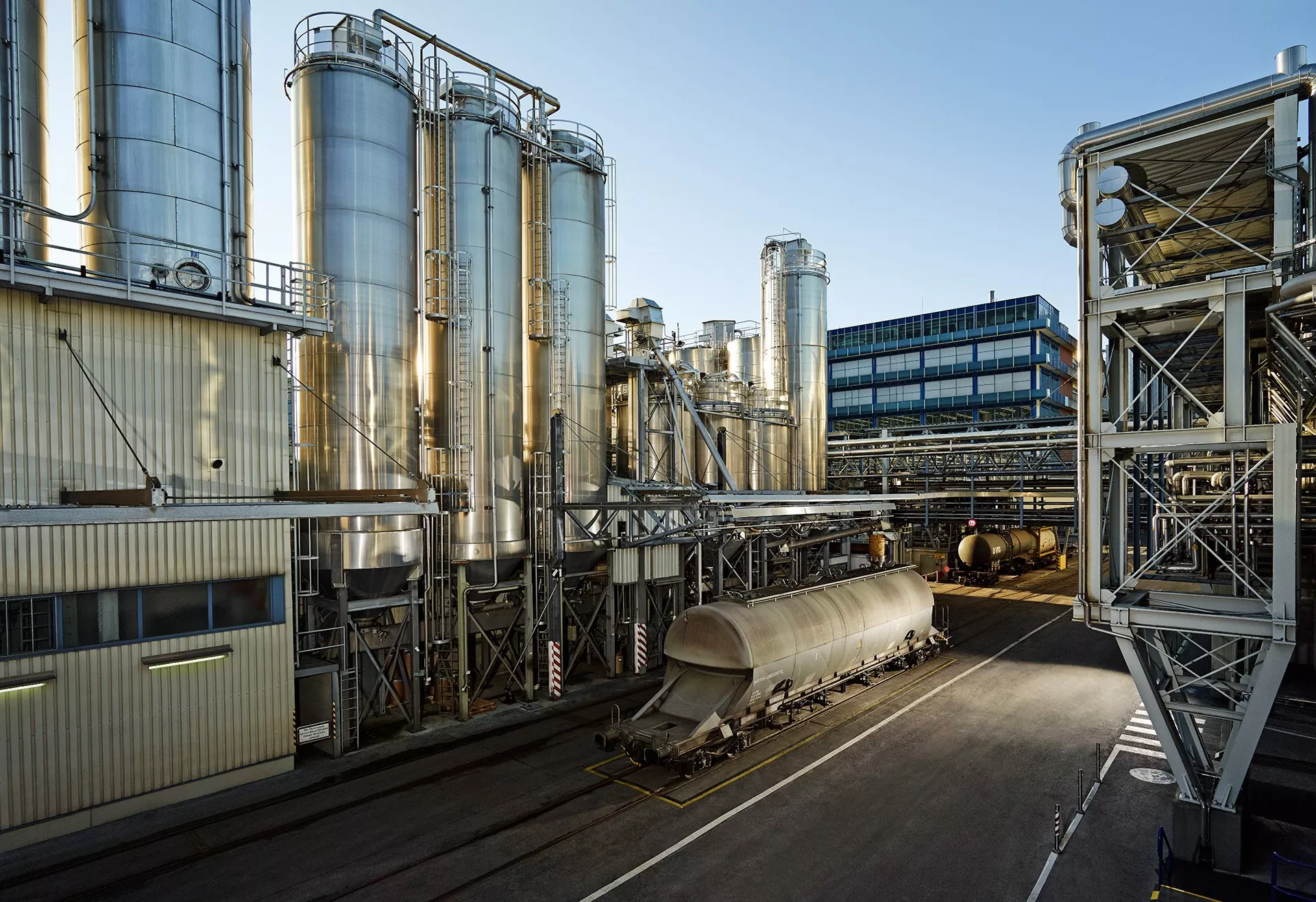
Auf die Fermentation folgt der sog. „Downstream“. Mit Hilfe organischer Lösemittel werden die antibiotischen Wirkstoffe aus dem Fermentationsbrei isoliert und gereinigt. Danach lassen sie sich – wie etwa das säurestabile Penicillin – direkt für die pharmazeutische Endfertigung verwenden. Andere Wirkstoffe werden durch chemische Synthesen in semisynthetische Antibiotika umgewandelt. So entstehen Antibiotika mit unterschiedlichen Wirkungsspektren.
Antibiotika in Kundl werden nach branchenführenden Qualitätsstandards hergestellt. Internationale Gesundheitsbehörden wie die Food and Drug Administration (FDA) oder die Europäische Arzneimittelbehörde (EMA) sind für Inspektionen regelmäßig vor Ort.
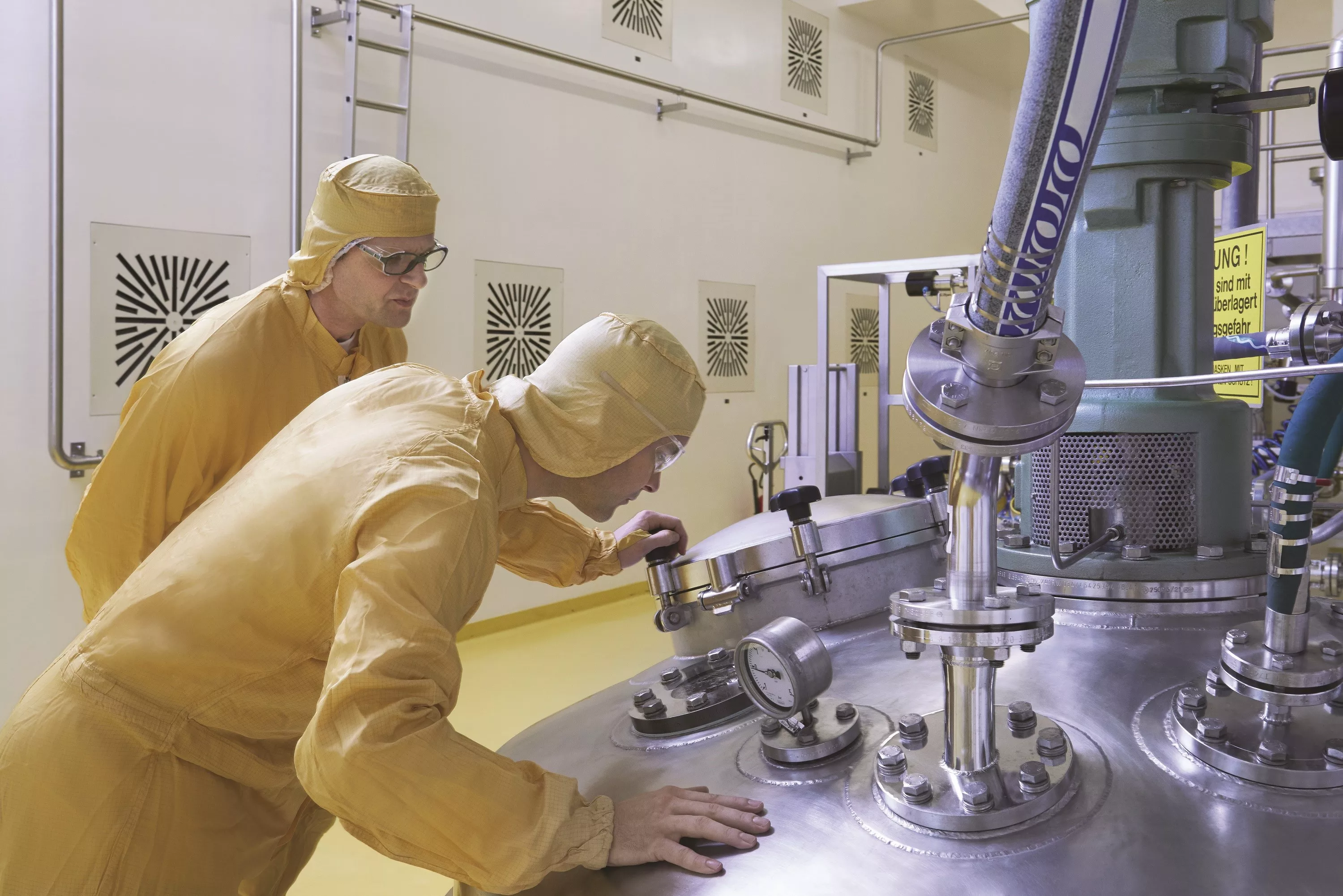
Alles unter einem Dach
Kundl ist eine besondere Antibiotika-Produktion. Zum einen stellt das Werk im Tiroler Unterinntal enorm große Mengen der unentbehrlichen Arzneimittel her – u.a. 60 Prozent der Weltproduktion von säurestabilem Penicillin und mit dem Potential, ganz Europa zu versorgen. Zum anderen geschieht dies buchstäblich unter einem Dach. Der Fachbegriff hierfür lautet „vertikale Integration“. Kundl deckt als einziger europäischer Standort den kompletten Fertigungsprozess für viele Antibiotika in Tablettenform ab, vom Wirkstoff bis hin zum fertigen Arzneimittel. Das macht die Produktion flexibel und unabhängig von externen, oft asiatischen Lieferanten.
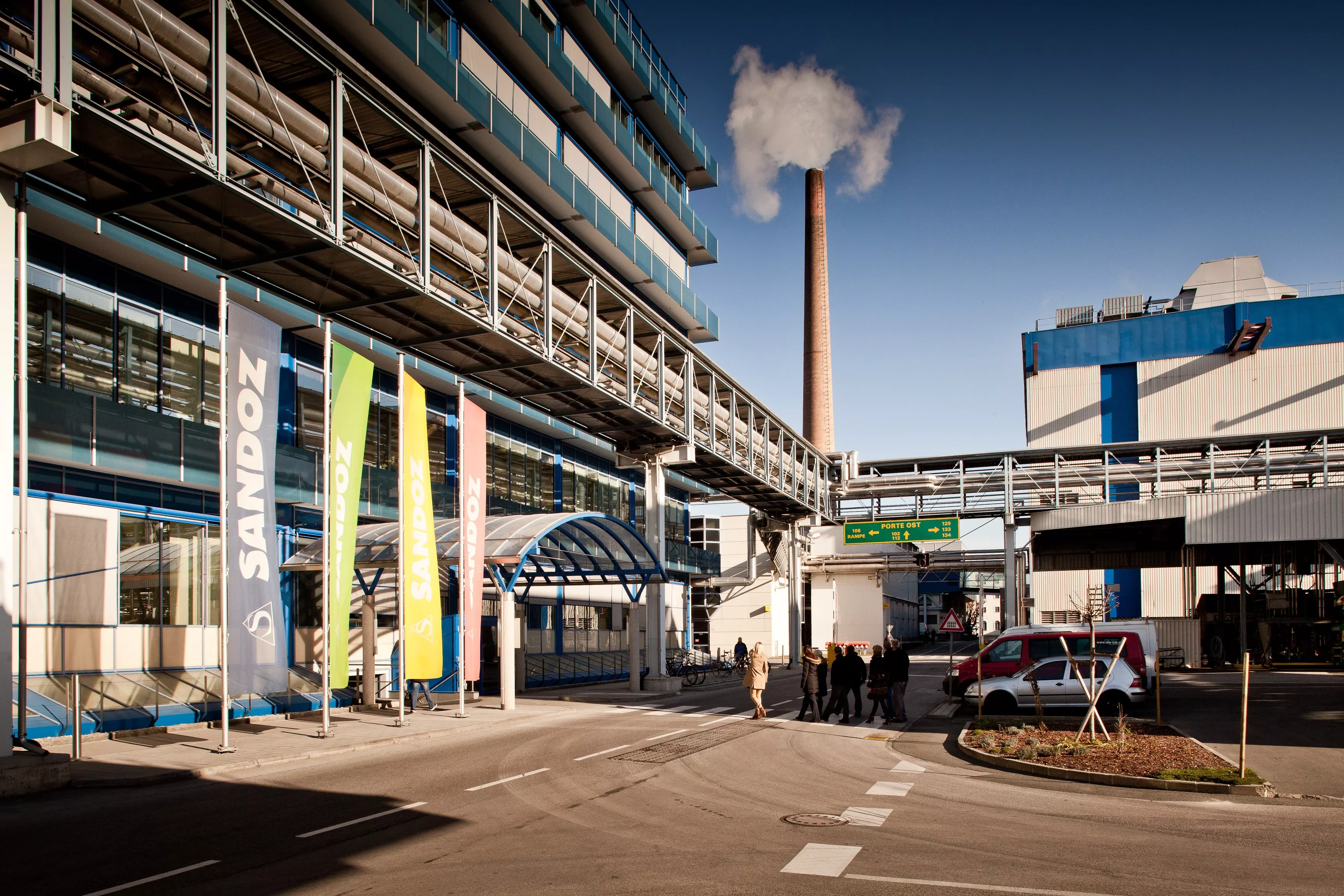
Penicillin „Made in Europe“
Im Juli 2020 gab Novartis/Sandoz gemeinsam mit der Österreichischen Bundesregierung bekannt, mehr als 150 Mio Euro in die Antibiotikaproduktion in Kundl zu investieren und diese damit nachhaltig abzusichern. 2021 wurde kommuniziert, dass zunächst 100 Millionen Euro investiert werden, um einen modernen enzymatischen Prozess zur Herstellung von oralem Amoxicillin, dem wichtigsten Penicillin, einzuführen. Die Umbauarbeiten am Standort sind bereits angelaufen. Sie stärken seine langfristige Wettbewerbsfähigkeit und leisten mit Penicillin „Made in Europe“ einen wichtigen Beitrag zur Versorgungssicherheit.

Wir optimieren den Produktionsprozess von oralen Antibiotika in Kundl und passen die Kapazitäten an, damit wir für den zukünftigen Bedarf gut gerüstet sind. Unser Ziel ist es, (...) eine kostendeckende Produktion in Europa auf starke Beine zu stellen, um Patienten in Österreich und auf der ganzen Welt zuverlässig mit qualitativ hochwertigen Medikamenten zu beliefern.
Michael Kocher, Country President Novartis Austria

